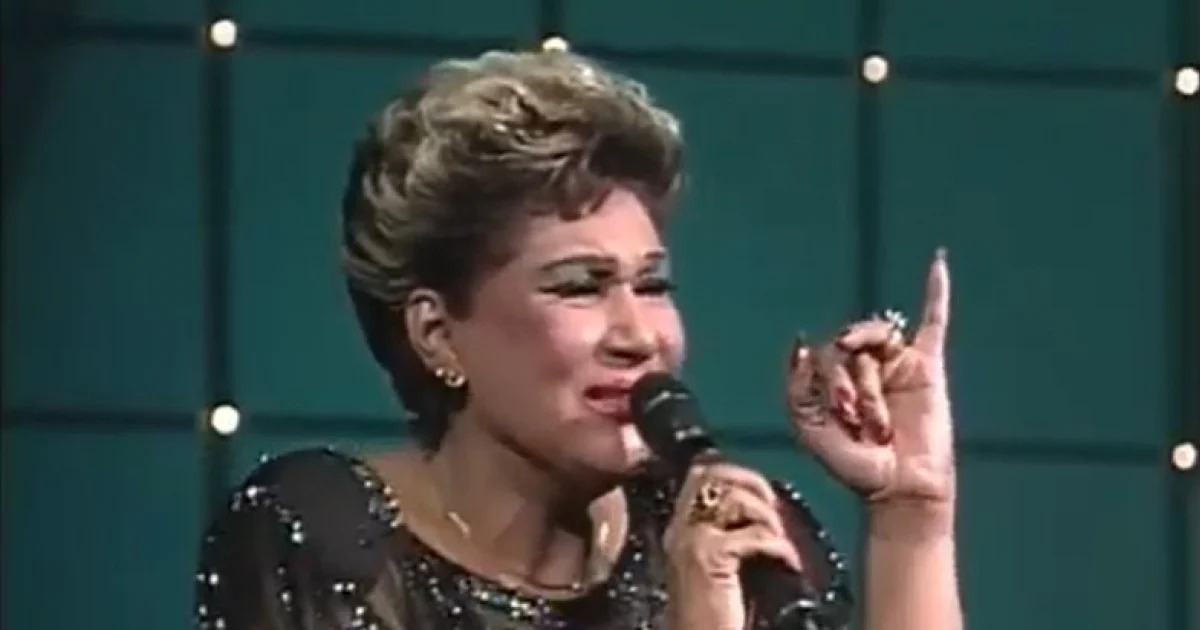
The Cuban government will dedicate the Boleros Festival to the prestigious singer Olga Guillot, who has been censored on the island for over six decades since she definitively left in 1961.
Rodulfo Vaillant García, president of the Provincial Committee of UNEAC in Santiago de Cuba, announced that the event will pay tribute to her for being born in that province and being "a pride of that city".
The executive pointed out on Facebook that Guillot is one of the most popular singers that Cuba has produced and that she was heard in several parts of the world.
In the 1950s, she was the leader among romantic female singers in terms of popularity among the Cuban public," he said, without mentioning the censorship she suffered in her homeland.
Recognized worldwide as the Queen of Bolero, Olga Guillot was one of the many artists who never aligned with communism and therefore had to go into exile very early on. The regime never forgave her for it, and just like it did with her great friend Celia Cruz, her music and albums were completely banned from the media.
Born on October 9, 1922, she began her career at a very young age in a duo and a quartet, but it was soon evident that she had the qualities to be a soloist. She made her debut in Havana in 1945, achieving immediate success.
After taking his art through stages in Cuba, the United States, Latin America, and several countries in Europe, at the beginning of 1961, when he was the main figure of the show "Serenata Mulata" at the Capri Hotel cabaret, he decided to go to Venezuela with his daughter.
He said he would not return to his beloved homeland until the Castros relinquished power, and he died without fulfilling his dream, in 2010, at Mount Sinai Hospital in Miami Beach, from a heart attack.
After the exile, he continued his successful career. In 1963, the John F. Kennedy Academy of Arts in Hollywood awarded him the Golden Palm award as the Best Bolero Singer in Latin America. The following year, he gave his first concert at Carnegie Hall in New York. He also performed at the Paramount Theater on Broadway and at the Olympia in Paris.
Her commitment to the freedom of Cuba led her to participate in numerous actions against the dictatorship. In 1994, she visited the U.S. Naval Base in Guantánamo, where she received a great tribute from thousands of Cubans. "We will not rest until Cuba is free," she said at the time.
Upon his death, Cuban poet Sigfredo Ariel recounted on the Cuban Art News portal what he responded to once on the radio when asked to express a single wish: "To have a cup of coffee with milk while watching a sunset, there, on the Malecon."
What do you think?
COMMENTFiled under: